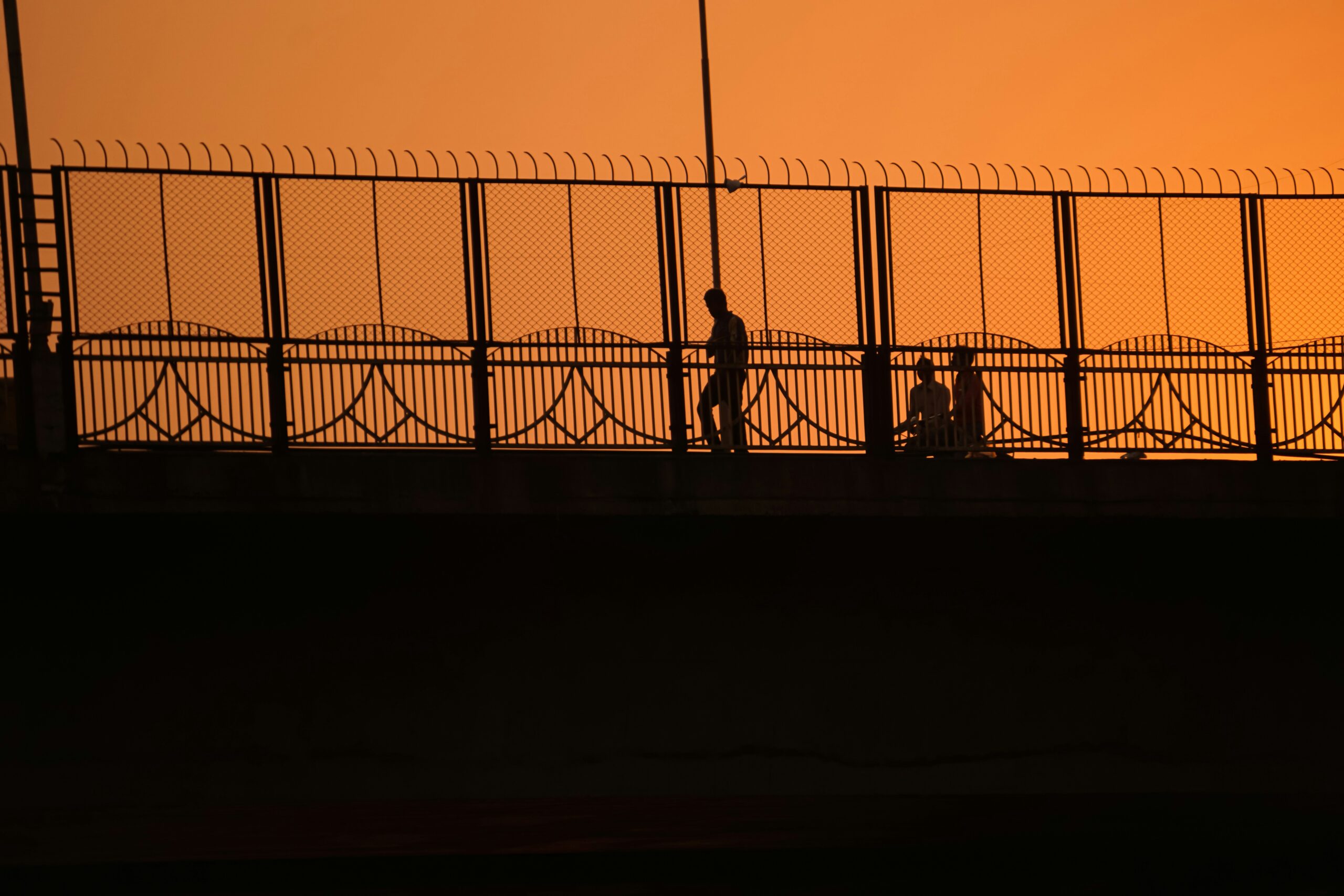
Introduction
The United States has recently expanded its network of migrant detention facilities with the inauguration of the ‘Lone Star Lockup.’ This new center is part of ongoing efforts by the Trump administration to detain and deport millions of undocumented migrants. The facility’s launch reflects a significant development in U.S. immigration policy, raising important questions about capacity, oversight, and the broader implications for migrants’ rights and national security.
Key Facts
- The ‘Lone Star Lockup’ is the newest addition to the United States’ extensive network of migrant detention centers.
- This facility is part of a broader administrative approach by the Trump administration aimed at managing the presence of undocumented migrants within the country.
Background
The establishment of migrant detention centers in the United States has been a contentious issue, often invoking heated debates over human rights and national security. The Trump administration has been particularly aggressive in its immigration policies, advocating for and implementing stricter measures to curb illegal immigration. The ‘Lone Star Lockup’ represents a continuation of these policies, which include increased detentions and expedited deportations as part of a broader strategy to enforce immigration laws more rigorously.
Implications for Human Rights and Policy
The expansion of the U.S. migrant detention center network, exemplified by the opening of the ‘Lone Star Lockup,’ has significant implications for human rights and immigration policy. Critics argue that such facilities often fail to provide adequate care and respect for the rights of detainees, leading to widespread concern among human rights organizations and international observers. Proponents, however, assert that these centers are necessary for maintaining national security and managing illegal immigration effectively.
What’s Next?
As the ‘Lone Star Lockup’ begins operations, its impact on U.S. immigration policy and the lives of detained migrants will be closely monitored. Debates and discussions around the efficacy, morality, and legality of such detention centers are likely to intensify, influencing future policies and potentially leading to reforms aimed at balancing security concerns with human rights obligations.


